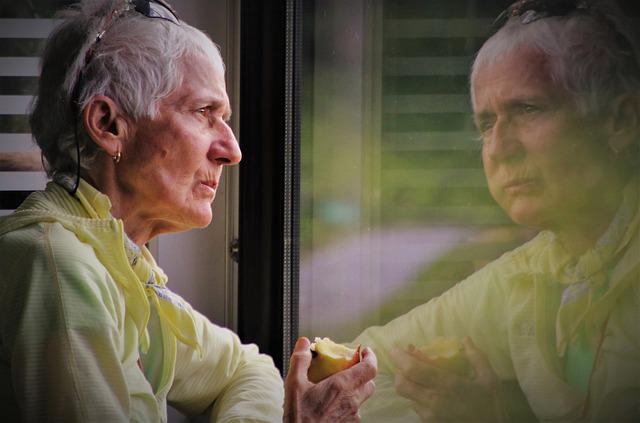The Croatian Parliament is discussing this week draft amendments to the Obligations Act and the Civil Procedure Act. These drafts incorporate proposals from the Ombudswoman related to lifetime and lifelong maintenance contracts, which will contribute to better protection of maintenance recipients, mostly elderly persons.
New protective mechanisms are introduced to better safeguard maintenance recipients: the establishment of a register of lifetime and lifelong maintenance contracts, limiting the number of such contracts a single provider can enter into, changes to the contract names to clarify the moment of property transfer from recipient to provider, and recognition of court proceedings to terminate these contracts as urgent.
This represents a significant legal change and an important step in protecting primarily elderly persons’ rights. The Ombudswoman has been warning about abuses of these contracts in reports to the Croatian Parliament since 2014. She advocated for additional protection mechanisms for maintenance recipients, recommended possible solutions to competent institutions, conducted research, and organized public events specifically on this topic.
The proposed concrete amendments to the Obligations Act — soon to be adopted — introducing additional protective instruments for maintenance recipients, particularly establishing the register of contracts, limiting the number of contracts, and clarifying the moment of property transfer, were recommendations of the Ombudswoman in the 2022 Report.
This year, the Ombudswoman also participated in a Working Group at the Ministry of Justice and Administration that drafted these amendments. Many of her recommendations were accepted within this Working Group.
Furthermore, the Ombudswoman submitted additional opinions during the public consultation on both laws, which the bill proposer partially accepted.
Certainly, these legal novelties will reduce the potential for abuse of lifetime and lifelong maintenance contracts, and this is a step in the right direction.
However, the proposal that the authorized person (notary or judge) must, before certifying or drafting the contract, check in available records whether the contracting parties are prohibited from entering such contracts under the Social Welfare Act (SWA) was not accepted. The SWA stipulates that legal or natural persons working in social welfare cannot conclude contracts with beneficiaries that alienate or encumber their real estate, nor lifetime or lifelong maintenance contracts. Since these contracts must be concluded in strict form before courts and notaries, it is extremely important that these bodies conduct appropriate checks to prevent void contracts. Additionally, notaries and courts should soon be enabled electronic linkage with the social welfare system to access data on potential legal prohibitions to conclude contracts.
The Ombudswoman also proposed that termination proceedings of these contracts be regulated as urgent, already during the previous amendments to the Civil Procedure Act. Although duration is a challenge compared to other court cases, the long duration of termination proceedings for lifetime and lifelong maintenance contracts particularly harms maintenance recipients. These contracts often involve one party of advanced age and frailty who needs care, which is why the contract was concluded. Therefore, such proceedings must be expedited, as elderly persons cannot wait for a lengthy final court decision, especially if they do not receive necessary care during that time.
It is therefore very positive that this Ombudswoman’s proposal was accepted. At the same time, alongside prescribing the urgency of court proceedings, it would be good to prescribe concrete, shorter deadlines for courts to act — deadlines for responding to complaints, holding oral hearings, completing first-instance proceedings, and issuing second-instance decisions on appeals — which, unfortunately, was not accepted.
Adopting these proposals would further improve protection of care recipients, which the Ombudswoman will continue to advocate.
Recall that elderly persons enter into these contracts when they can no longer care for themselves or know they soon won’t be able to, in exchange for property to secure necessary care. Unfortunately, when abuse occurs, they may lose both care and housing and find themselves in a hopeless situation. Strengthening protection for this extremely vulnerable group through these mechanisms is an important step in respecting their human rights and ensuring a dignified life.
Finally, beyond these welcome amendments, better protection of elderly rights in concluding lifetime and lifelong maintenance contracts would also benefit from informing them about these contracts and the options available before signing. It is therefore important to encourage and enable early information for those considering these contracts and to sanction anyone who severely violates elderly rights for material gain. Crucially, continuous work is needed to ensure other options for housing and care of elderly who can no longer care for themselves, including reducing waiting lists for care homes, improving care home conditions, and enabling staying at home with provided care and support.





